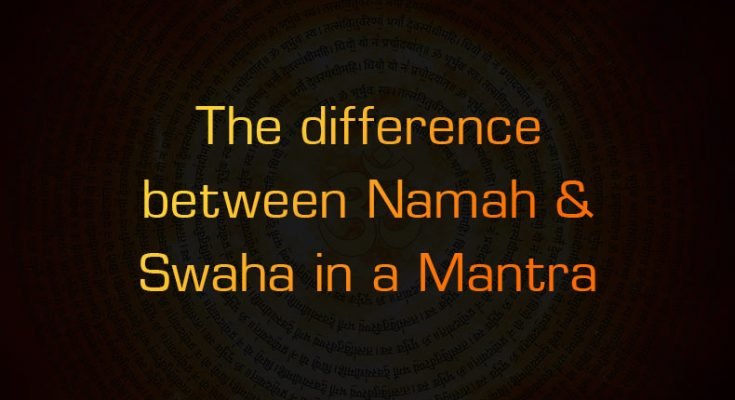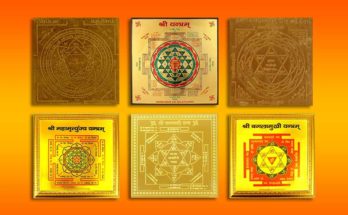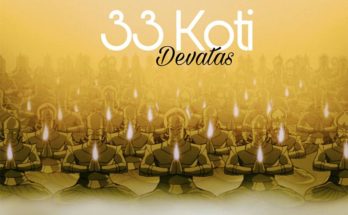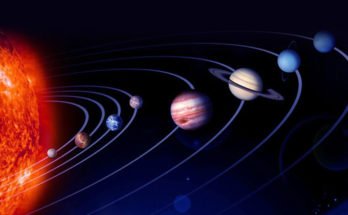Let us define the difference between Namah and Swaha in a mantra.
According to one of the classical Vedic texts ‘Mantrasar’ it is scripted as…
“Man Naat Trayate Iti Mantra” or “मननात् त्रायते इति मन्त्र:”
It means a group of words that gives energy to our mind and protects us from all kinds of fear to mind is called a ‘mantra’.
‘Man’ means a concentration of mind. ‘Tra’ means to giver relief. Modern science says words have got energy. If one word is pronounced more number of times then energy is produced. That is why ‘mantra‘ is mother & words are ‘Brahma’, which means Pitri or father.
As a matter of fact, in Vedic text, many mantras have their ending with ‘namah’ or ‘swaha’. For example:
“Om namo bhagavate vasudevaya namah”
Or
“Hum hanumatayo rudrabotarayo sarva shatrusamharayo sarva rogohorayo sarva boshikoronayo ramdutayo swaha”
Read: Yantra – a broad perspectives
Namoh means ‘I offer’ which is not gender-specific and by which both God and Goddesses may be worshipped. Chanting with ‘Namah’ end directs the energy throughout our organic being and is very helpful for maintaining abundance for healing and also pleasing any deity.
Mantra ending with ‘swaha’ is repeated after mantras or Yajnas while oblations are being offered in the fire. ‘Swaha’ is used after mantras that one wants to project more energy into it. Simultaneously when we chant for removing some diseases or negativity we use ‘swaha’.





